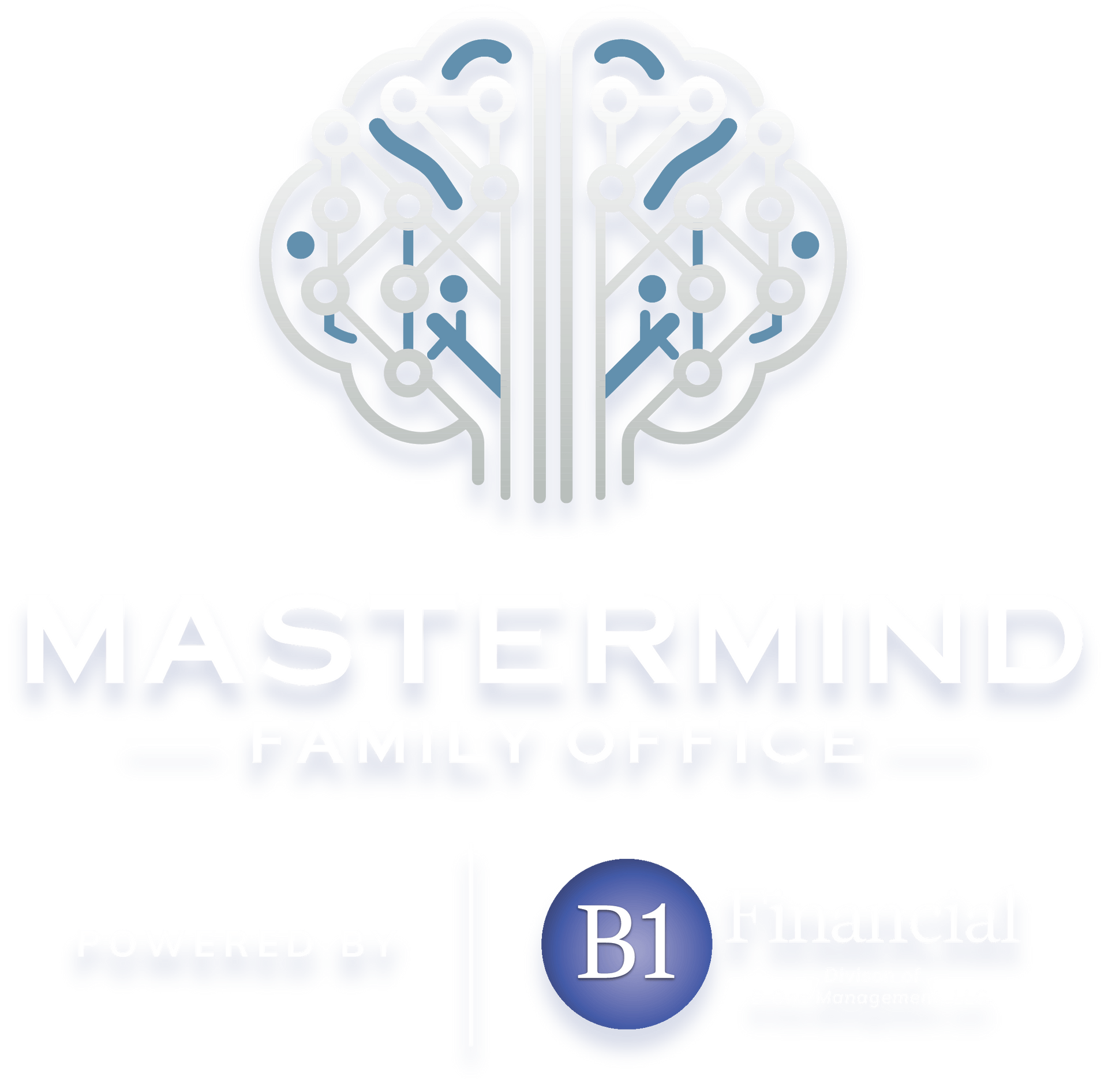We are here for you.
Empowering clients one financial plan at a time. Managing your wealth with utmost care & expertise.
19505 Biscayne Blvd
Suite 2350
Aventura, FL 33180
Check the background of your financial professional on FINRA's BrokerCheck.
B One Management LLC DBA B1 Financial is a registered investment adviser in the state of Florida. The adviser may transact business in states where it is appropriately registered, or where it is excluded or exempted from registration. Information presented is for educational purposes only and is not an offer or solicitation for the sale or purchase of any securities or investment advisory services. Investments involve risk and are not guaranteed. Be sure to consult with a qualified financial adviser or a tax professional before implementing any strategy discussed herein.
Information regarding securities issues and markets is obtained from sources believed to be reliable, but is not guaranteed as to accuracy, completeness, or fitness to a particular use. This is not an order entry system; please do not convey securities orders via e-mail, as B1 Financial cannot be responsible for their timely handling. B1 Financial and affiliates reserve the right to monitor all e-mail communications and cannot guarantee the confidentiality of any transmission. The information contained in this transmission is intended solely for the individual or entity to which it is addressed and may contain sensitive material. Any review, storage, re-transmission of, or taking action in reliance upon, this information by persons other than the intended recipient is prohibited. If you have received this email in error please notify the sender and delete the original. This message is not a solicitation of any transaction.
All Rights Reserved | B1 Financial | Privacy Policy | Terms of Use
